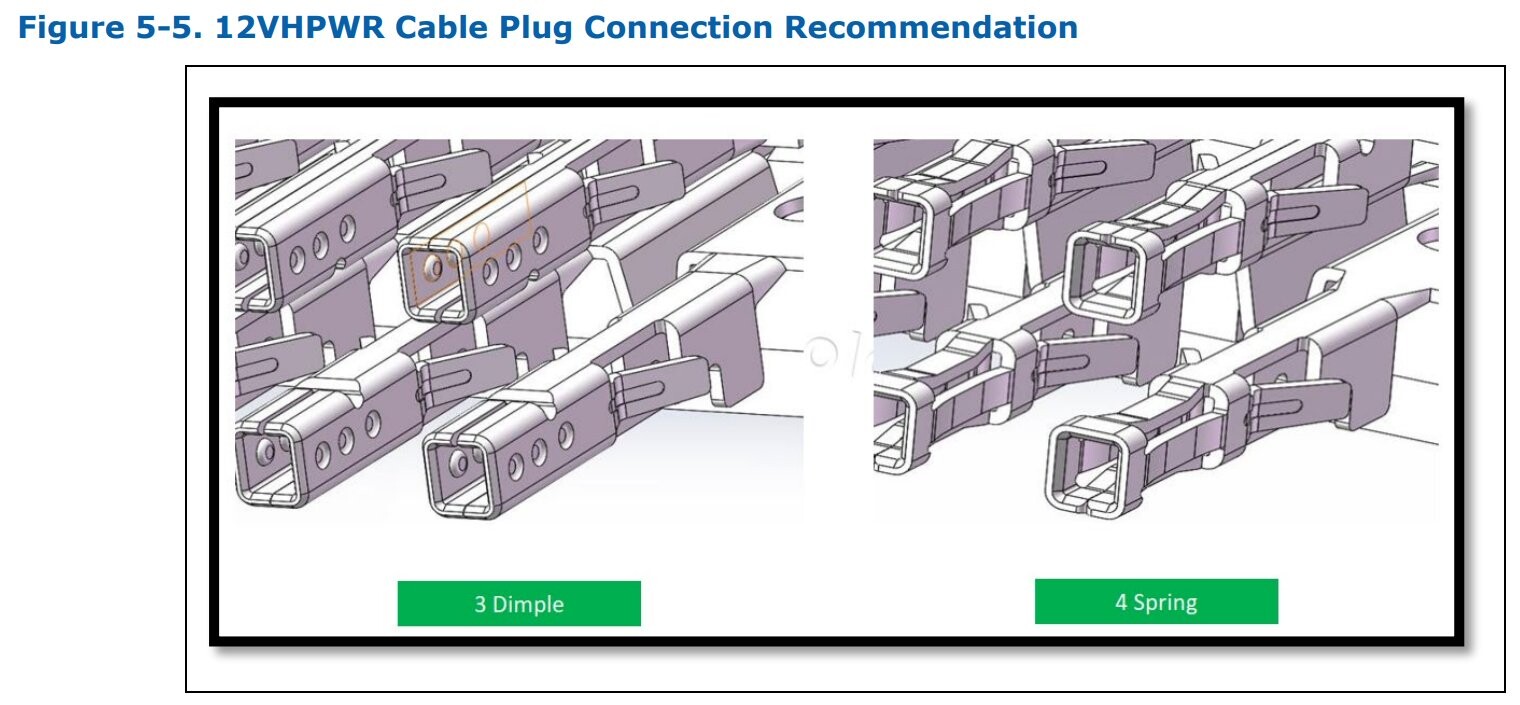Soooo...
As it happens, I've begun to research crimping for my electronics Hobby. I was immediately hit with $500 to $2000 crimpers, with huge OEM warnings about "cables will not be to spec if you do not use the OEM cimper". Apparently, wires and crimping are
seriously complex. OEMs are supposed to do a good job with these dies, but the mechanical engineers think very deeply about how the internal strands of wire (and you're only supposed to use stranded wire), at the appropriate gauge (26 gauge has its own cap vs 22 gauge) will be squeezed and properly form a vacuum seal when the crimper does its thing.
Furthermore, it is well known that a bunch of cheapos will often try to save money by buying cheaper $100 or $200 crimpers that are not up to spec, leading to weaker connections in practice.
-----------
At this point of the 2x6 saga, I'm more than willing to blame the crimper as opposed to the connection itself. There's a huge amount of complexity in the crimp, copper characteristics, pins, etc. etc. that could go wrong. There have been enough tests done with "proper cables" (which likely also had proper crimps), showing an ability to handle full loads. But somehow, one way or the other, bad crimps likely got in the way (ex: a little pocket of air got in between the strands of copper, meaning the amp-rating was worse than expected,
meaning when at full load the thing will catch on fire)
Any crimp will catch on fire in this manner if done poorly. But you're supposed to use expensive and highly-rated tools to prevent this problem. But maybe those expensive tools had a failure rate (0.01%) or maybe the technician in charge of crimping had a bad day and did something poorly (didn't apply pressure, misaligned a crimp, etc. etc.) and failed to see the quality-problem before shipping it to the customer.
Since 12V powering a 800W GPU is something like 66 Amps of current, meaning each strand of a 2x6 cable is taking ~11 Amps, we are absolutely operating at the "edge" cases of what crimpers are capable of. Crimpers are the highest-quality electrical connection you can make with stranded wire (even more reliable than soldering), but even crimpers have their limits. The M20 pin (popular for hobbyist) crimpers that handle 2-amps in my field are already $500 each (and thus hobbyists often use non-OEM crimpers but derate our crimps severely), I can't imagine the level of engineering to reliably create 10-Amp crimps at this miniature size. Any small mistake will almost certainly lead to overheating when we're talking about 11-Amps per damn copper cable.






